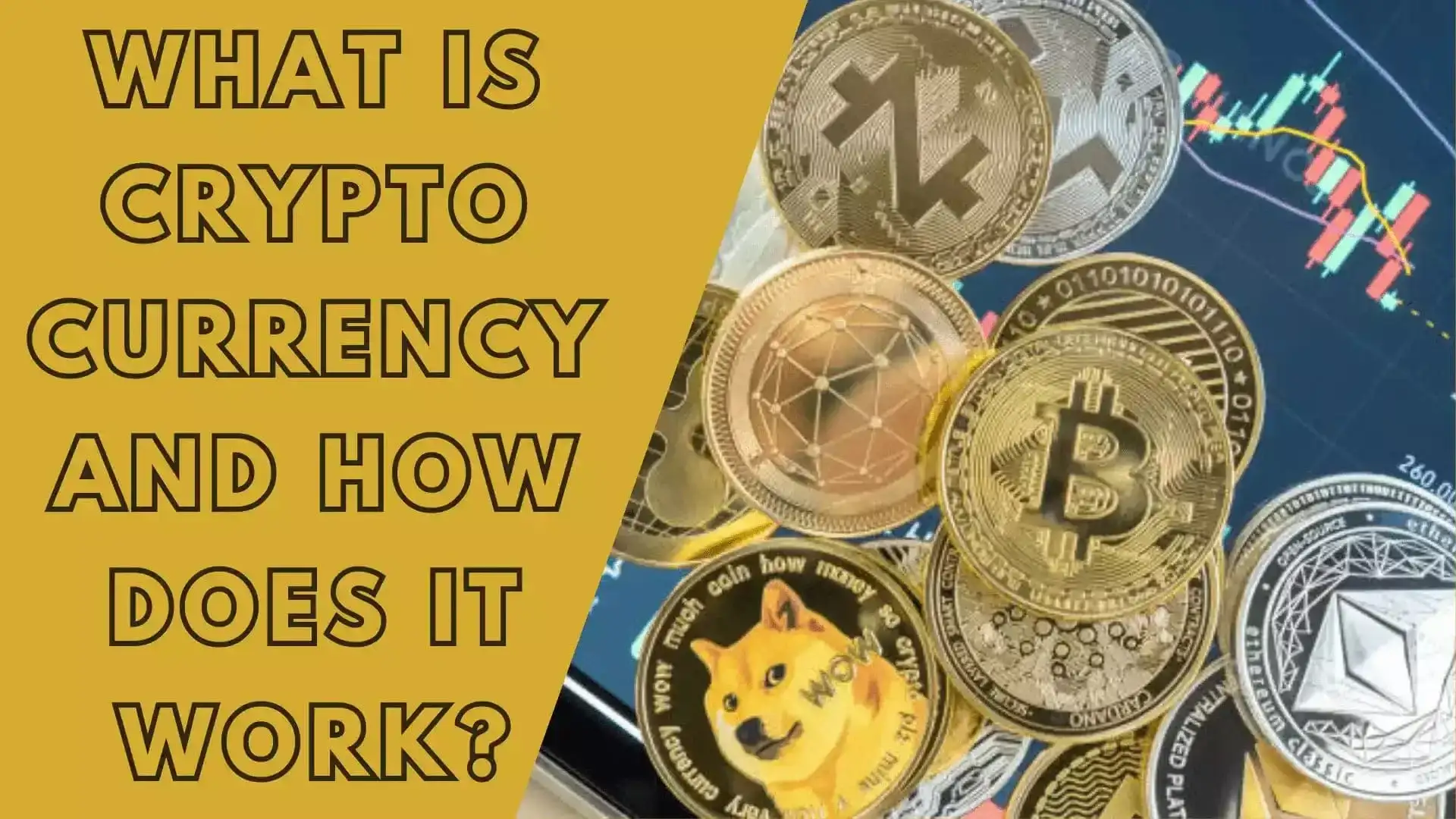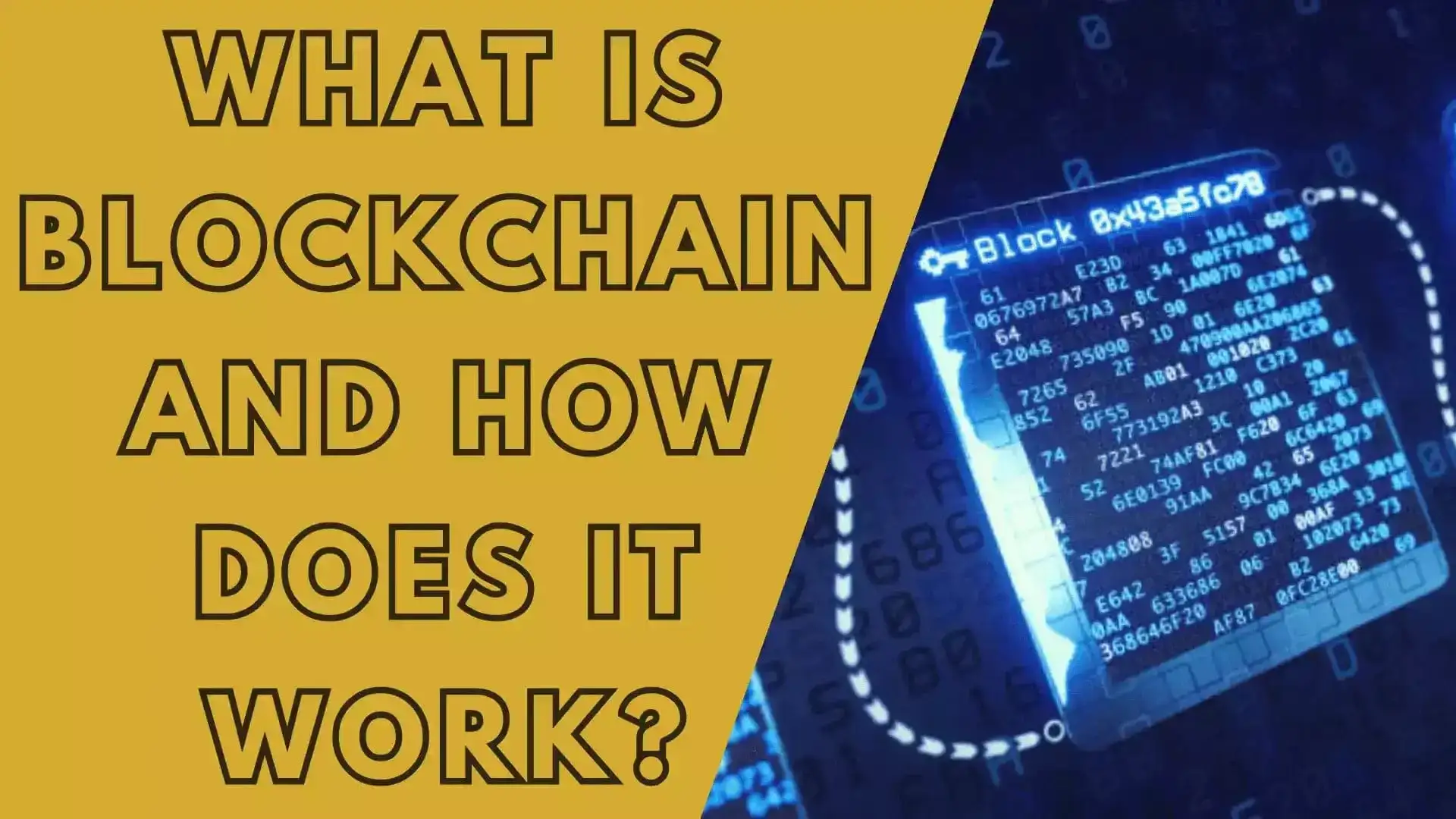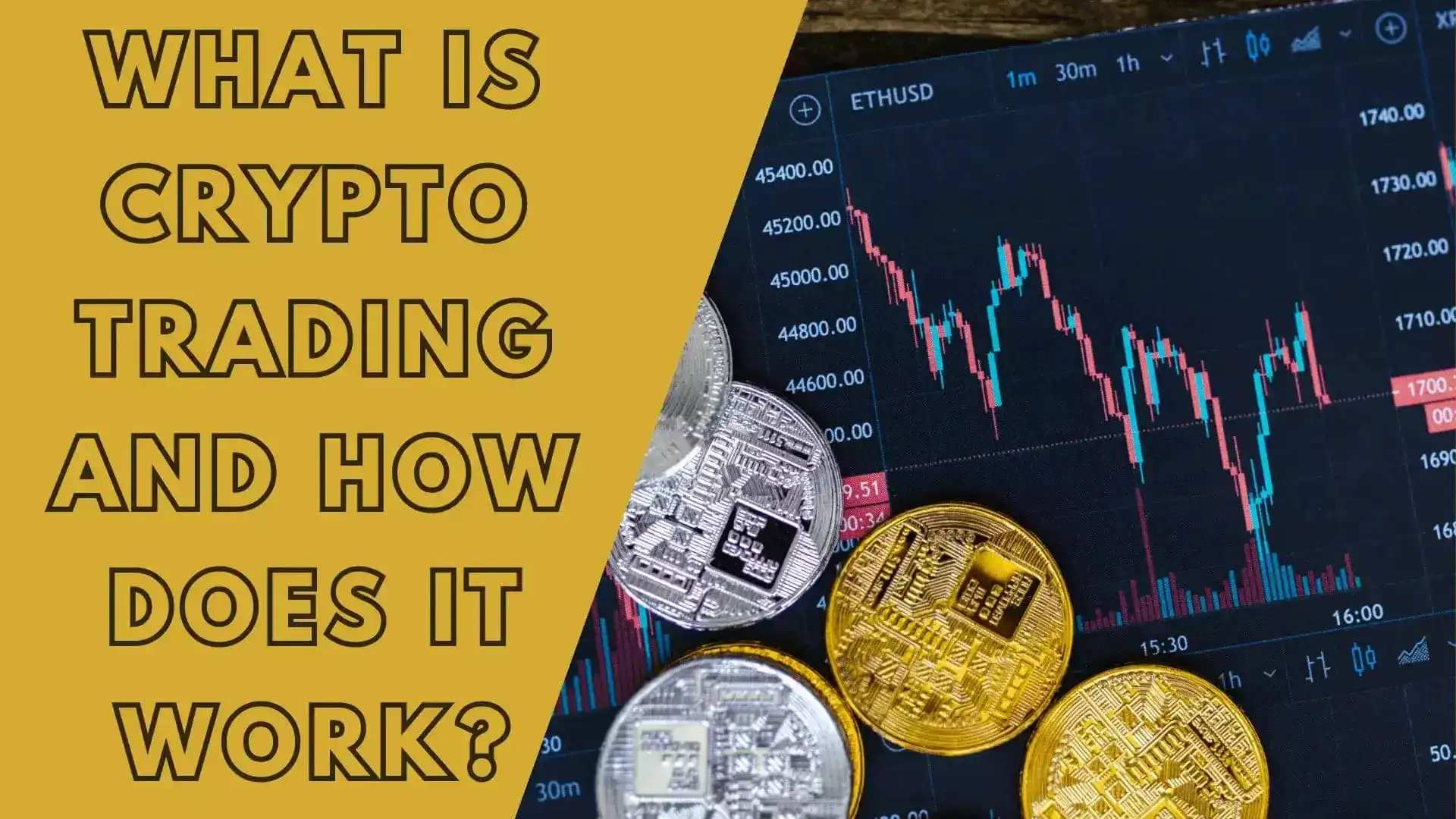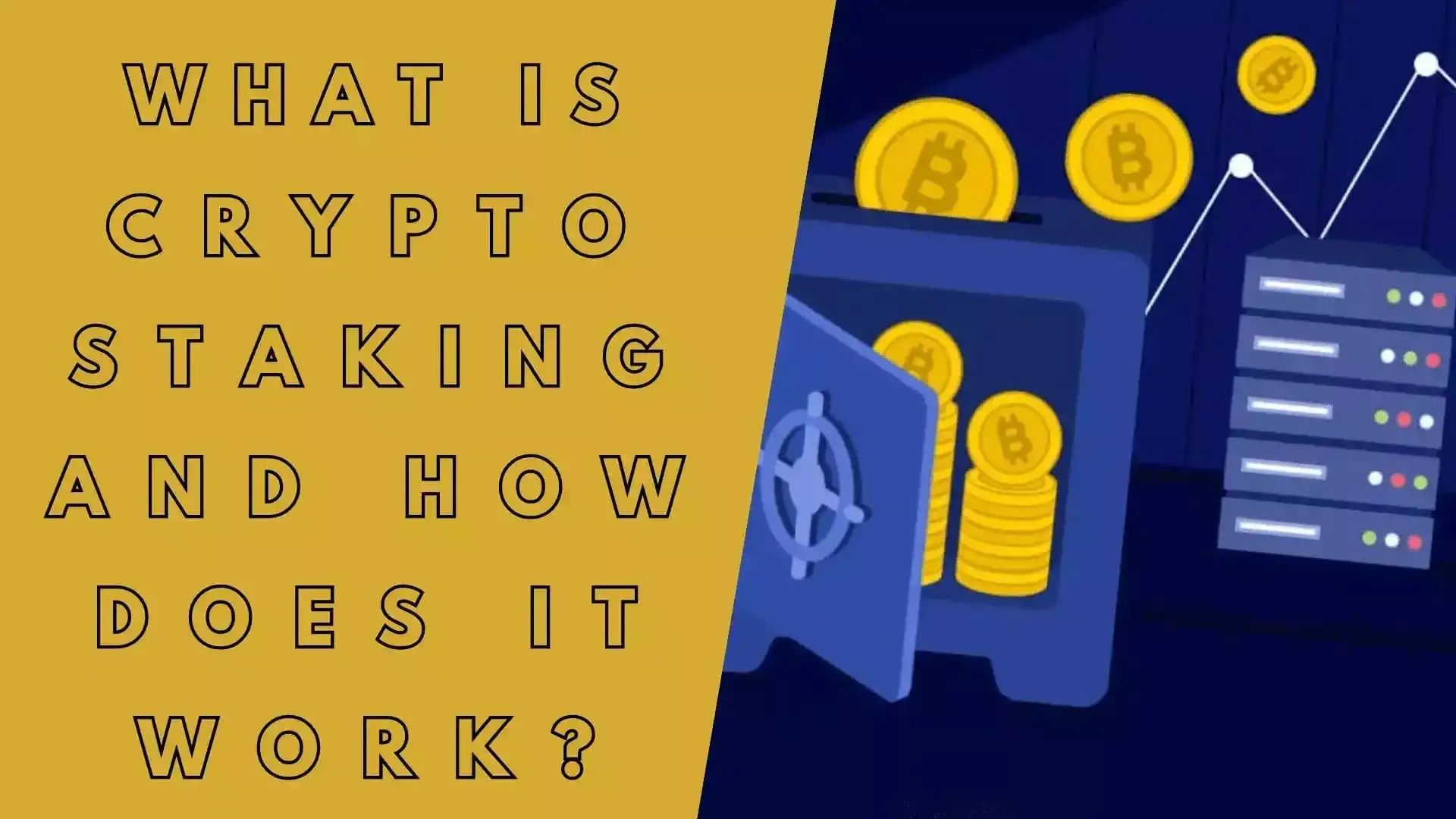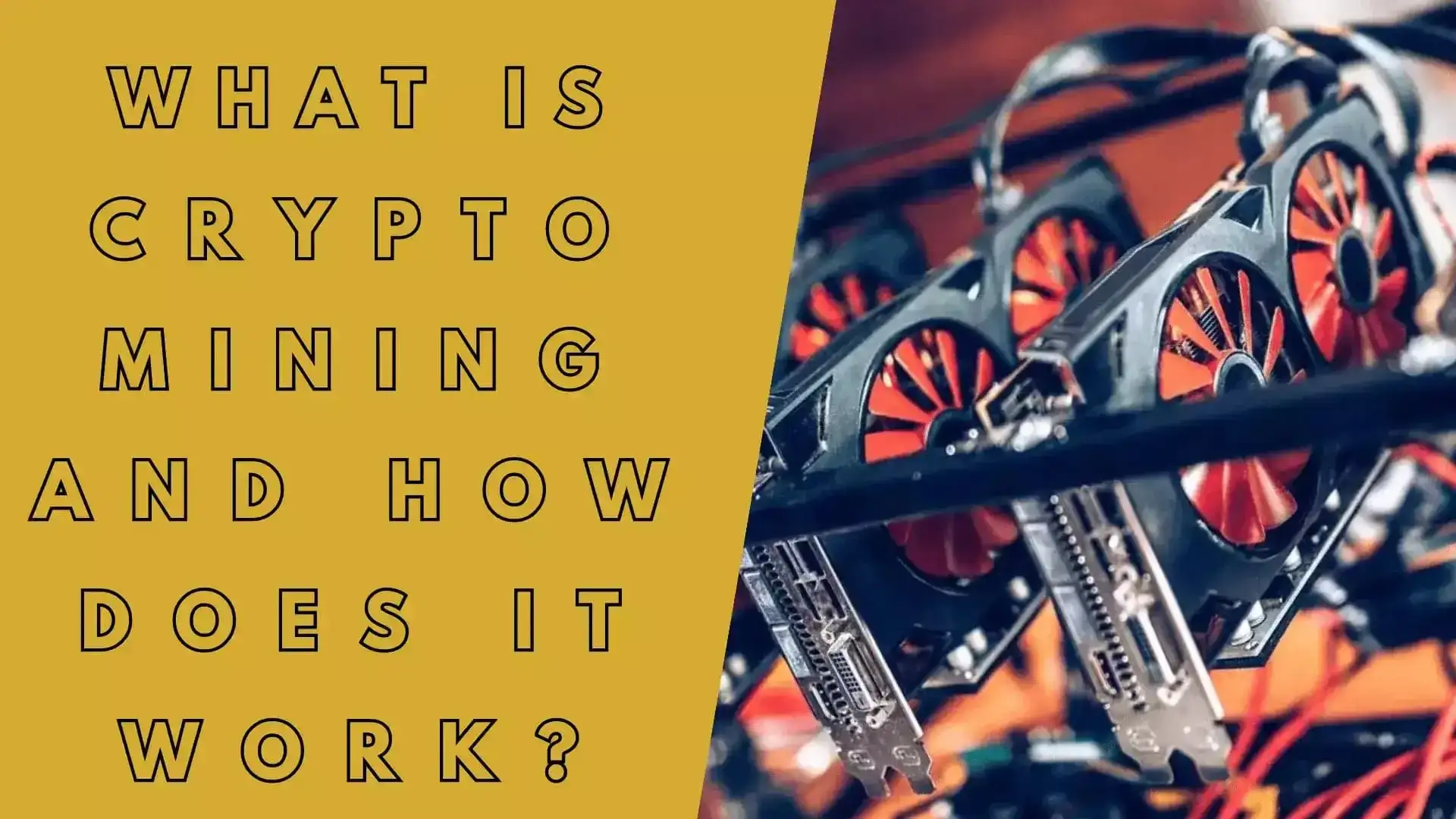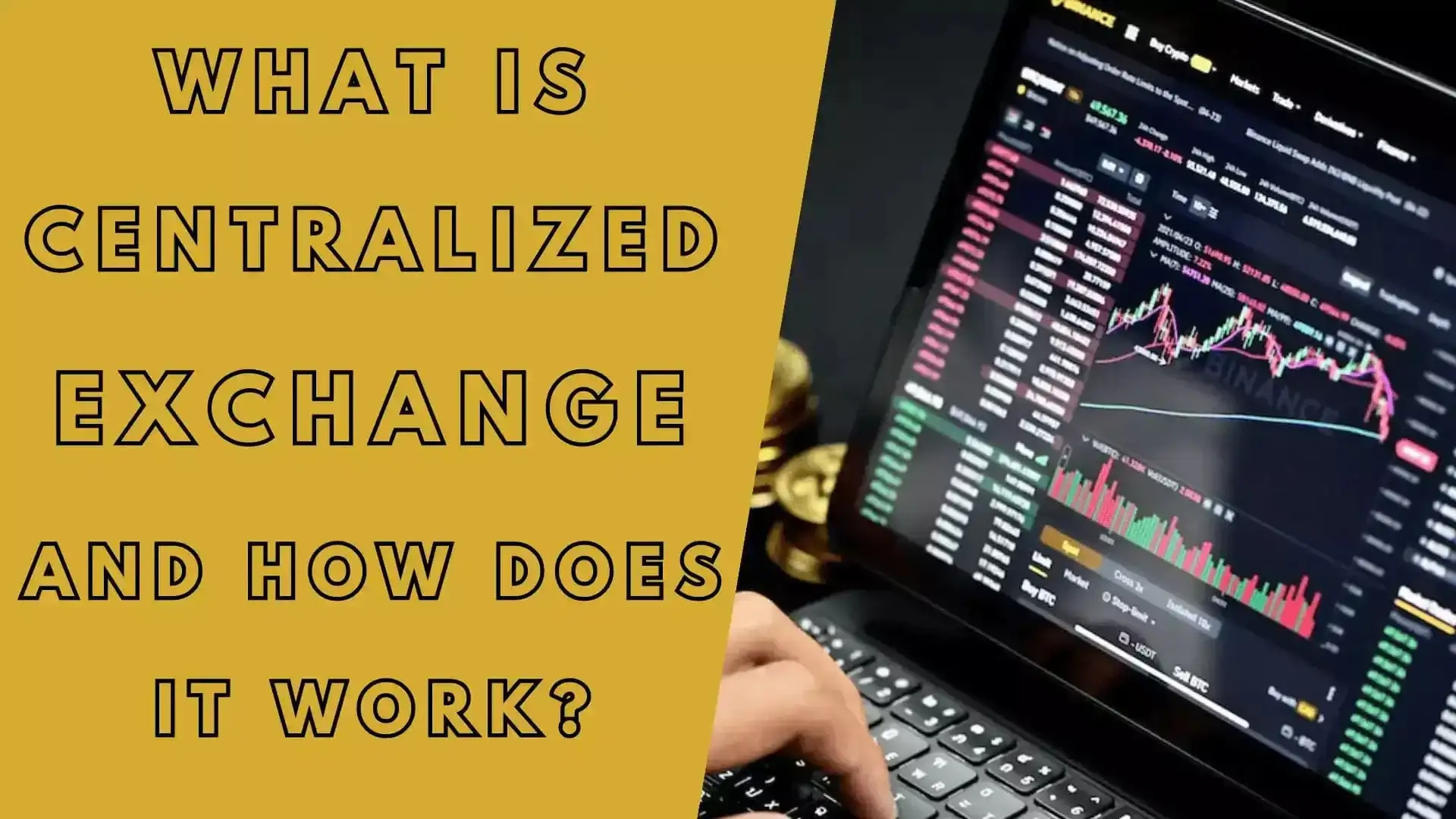Exploring Peer-to-Peer Trading: A Guide to Decentralized Exchange
In recent years, peer-to-peer (P2P) trading has emerged as a popular alternative to traditional centralized exchanges. Offering users a decentralized platform to buy and sell assets directly with one another, P2P trading presents numerous advantages and opportunities. This article delves into the concept of P2P trading, its mechanics, and how people utilize it in various contexts.
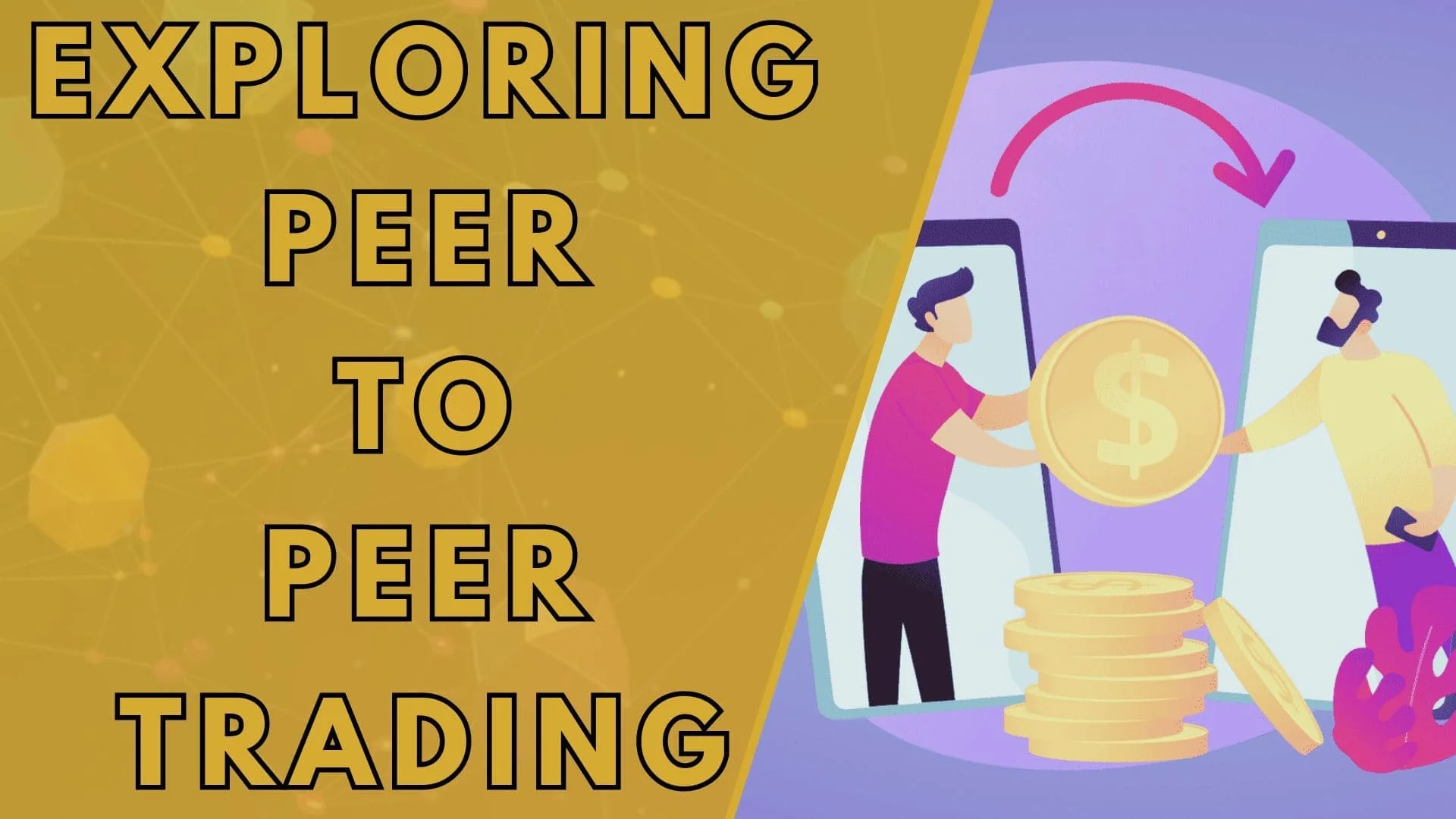
Posted on 10 Feb 2024
Understanding Peer-to-Peer Trading
Peer-to-peer trading refers to the direct exchange of assets or services between individuals without the involvement of intermediaries or centralized authorities. Unlike traditional trading mechanisms facilitated by banks or exchanges, P2P trading platforms act as mere facilitators, enabling users to interact and transact directly.
How Does Peer-to-Peer Trading Work?
- Platform Facilitation: P2P trading platforms provide a virtual marketplace where buyers and sellers can create listings to buy or sell assets. These platforms match buyers with sellers based on their preferences, facilitating secure transactions.
- Escrow Services: To ensure security and trust between parties, many P2P platforms employ escrow services. In this setup, the platform temporarily holds the asset being traded until both parties fulfill their obligations. Once the terms of the trade are met, the asset is released to the buyer, completing the transaction.
- Peer Verification: Users on P2P platforms often establish credibility through verification processes. These may include identity verification, user ratings, or past transaction history, enhancing trust among participants.
Common Use Cases of Peer-to-Peer Trading
- Cryptocurrency Trading: P2P trading plays a significant role in the cryptocurrency ecosystem. Platforms enable users to trade cryptocurrencies directly with one another, bypassing traditional exchanges. This approach offers increased privacy, accessibility, and sometimes better pricing.
- Marketplace Exchanges: Beyond cryptocurrencies, P2P trading extends to various goods and services. Online marketplaces such as Craigslist, eBay, and Facebook Marketplace facilitate peer-to-peer transactions for items ranging from electronics to household goods.
- Local Services: P2P trading isn't limited to online platforms; it also thrives in local communities. Individuals often utilize P2P networks for services like carpooling, home rentals (e.g., Airbnb), and freelance work (e.g., TaskRabbit), promoting community engagement and resource sharing.
Advantages of Peer-to-Peer Trading
- Decentralization: By eliminating intermediaries, P2P trading reduces dependency on centralized entities, offering greater autonomy and control over transactions.
- Lower Costs: P2P trading typically incurs lower fees compared to traditional exchanges, as there are no intermediary commissions or transaction fees.
- Increased Privacy: P2P trading often provides enhanced privacy and anonymity, as transactions occur directly between users without the need to disclose sensitive information to third parties.
- Global Accessibility: P2P trading transcends geographical boundaries, allowing users from different regions to engage in transactions seamlessly.
Challenges and Considerations
- Security Concerns: While escrow services mitigate many risks, P2P trading still poses security challenges, such as fraudulent transactions or disputes between parties.
- Regulatory Compliance: Depending on the jurisdiction and assets involved, P2P trading may face regulatory hurdles, requiring platforms to adhere to legal frameworks and compliance measures.
- Market Liquidity: In less active markets, P2P trading may suffer from liquidity issues, impacting the speed and efficiency of transactions.
Conclusion:
Peer-to-peer trading represents a decentralized approach to exchange, offering individuals greater autonomy, lower costs, and increased privacy in their transactions. From cryptocurrencies to local services, P2P trading spans various sectors, empowering users to engage in direct, trust-based interactions. While challenges exist, the growing popularity of P2P trading underscores its significance in reshaping traditional exchange mechanisms and fostering a more interconnected economy.
